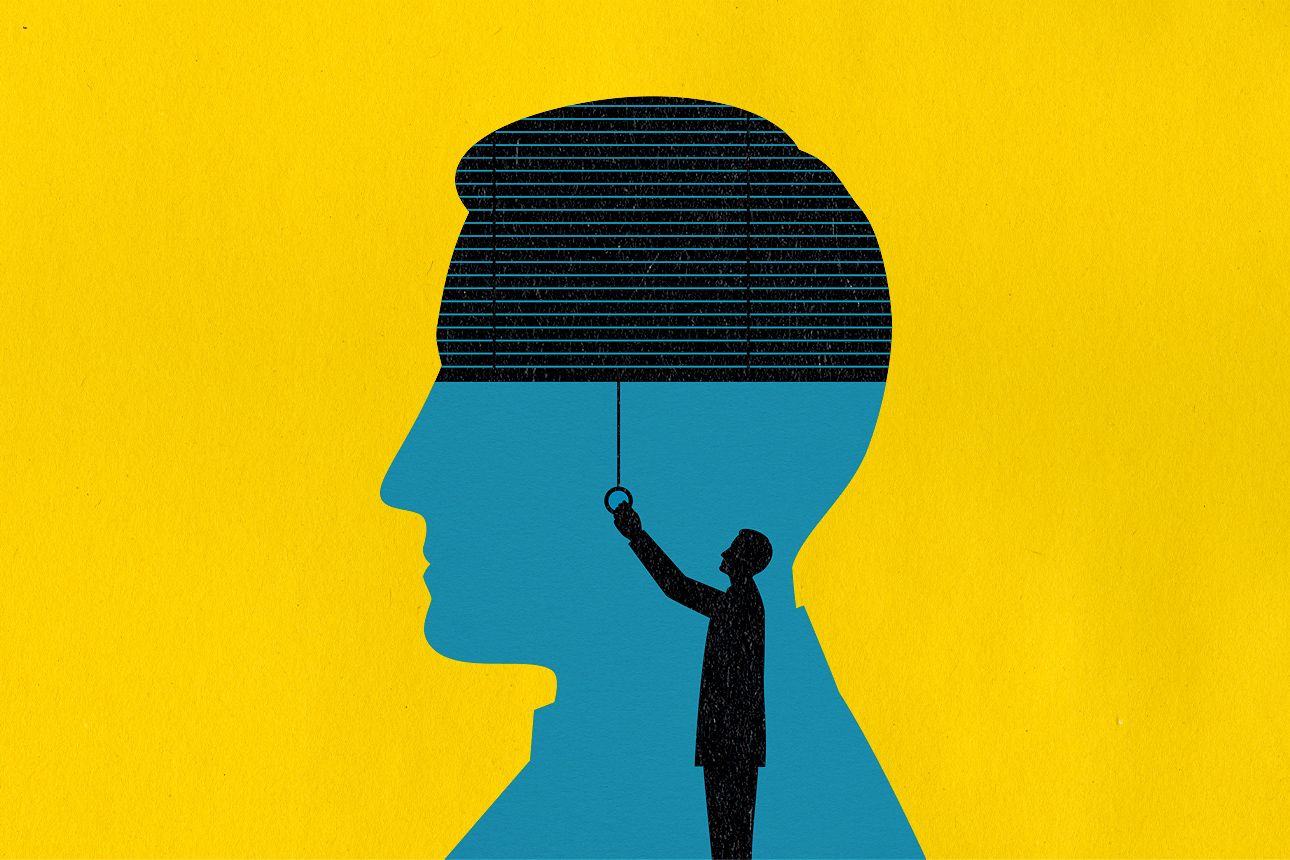The Consequences of Unacknowledged Grief in the Workplace
Creating grief-informed workplaces is a needed response to the tolls of the pandemic — and an opportunity for cultural change.

Carolyn Geason-Beissel/MIT SMR | Getty Images
Alan, an executive in his mid-50s, had been one of my therapy clients for nearly three years, but it was the first time I’d seen him cry. A respected champion of a high-performing team, Alan was an enthusiastic leader when his company took work online in 2020. By late 2022, all but one member of the team of specialists Alan had spent a decade cultivating had left his company.
During the Great Resignation of 2021, Alan and his fellow managers were instructed by higher-ups to stem the company’s dramatic employee turnover. Their bonuses were cut when their efforts weren’t successful. More recently, Alan had found himself raising his voice in a management meeting as he attempted to defend his remaining team members against accusations of “quiet quitting” and low motivation.
Month after month, Alan reported feeling more broken down by his company’s insistence that he get his numbers back up to pre-pandemic levels. The breaking point came when the last remaining member of his original team resigned. “I just don’t think I can lose much more,” he wept.
Alan was surprised by his tears, but I wasn’t. Any significant change can bring with it a sense of loss. Grief is the natural emotional reaction to loss, and the pandemic is an ongoing story of compound loss. Over 9 million people in the U.S. are grieving COVID-19 deaths. Even those who have not lost loved ones have faced other daily losses, including some of the people, events, and structures that previously helped establish a sense of safety and resilience in coping with stress.
Fight, Flight, Freeze, and Collapse
The human body is wired to resist loss as it happens. When we sense a perceived threat, a built-in instinctive and progressive response system activates — fight, flight, or freeze — in an attempt to manage high levels of stress and return us to safety. It is only after we return to safety that we begin to take stock of what was lost, feel the effects, and start to grieve.
Alan and his team started the pandemic in fight response. Like soldiers in an invisible war, they gathered the materials needed to work from home, chose not to lower quarterly expectations, and attempted to battle their way to their goals.
